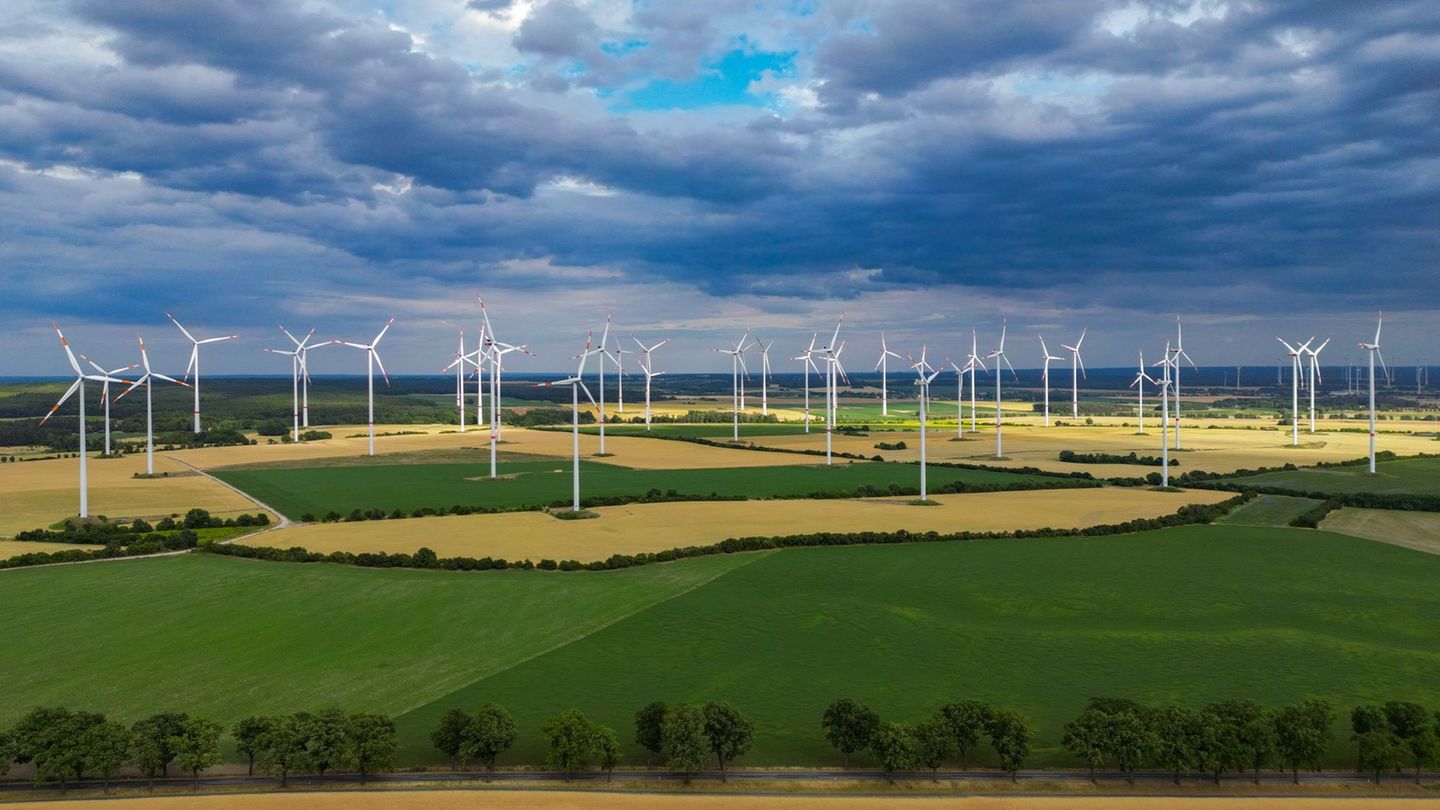Image: VOLKER WEIHBOLD
The barometer for the business climate fell to minus 61.9 points, after minus 60.7 in January, as the Munich-based Ifo Institute announced on Thursday in its company survey. More than every second construction company is dissatisfied with the current business situation. Expectations for the coming months were also stuck in the basement.
- Also read: “Stop button pressed”: House builders, banks, companies are waiting for a construction package [OÖNplus]
“Housing construction currently sees no glimmer of hope anywhere,” said the head of the Ifo surveys, Klaus Wohlrabe. “Orders continue to be canceled. At the same time, building permits for apartments are plummeting.”
In February, 56.1 percent of companies reported a lack of orders, compared to 52.5 percent in January. There was also an increase in cancellations again, albeit only a slight one: 17.7 percent reported canceled projects, after 17.4 percent in the previous month. Therefore, according to the information, construction activity has had to be reduced in many places for some time. “Some companies are trying to at least counteract the weak order situation by cutting prices,” said Wohlrabe.
This vote is disabled
Please activate the category Targeting cookies in your cookie settings to display this item. My cookie settings
Civil engineering is also in crisis
Civil engineering – which includes, for example, state-dominated road construction – is also experiencing difficult economic times, although not as badly as building construction, as the Ifo researchers found. The assessments of the current situation are slightly positive. Currently, 23.5 percent of companies there report a lack of orders. “However, the outlook for the coming months is also very pessimistic,” it said.
Sharply increased interest rates, with which the European Central Bank (ECB) wants to combat high inflation, are particularly causing problems for housing construction. This makes many projects unprofitable for builders. According to many experts, this is a social problem, as affordable housing is likely to remain in short supply, especially in cities, for years to come.
more from economics




